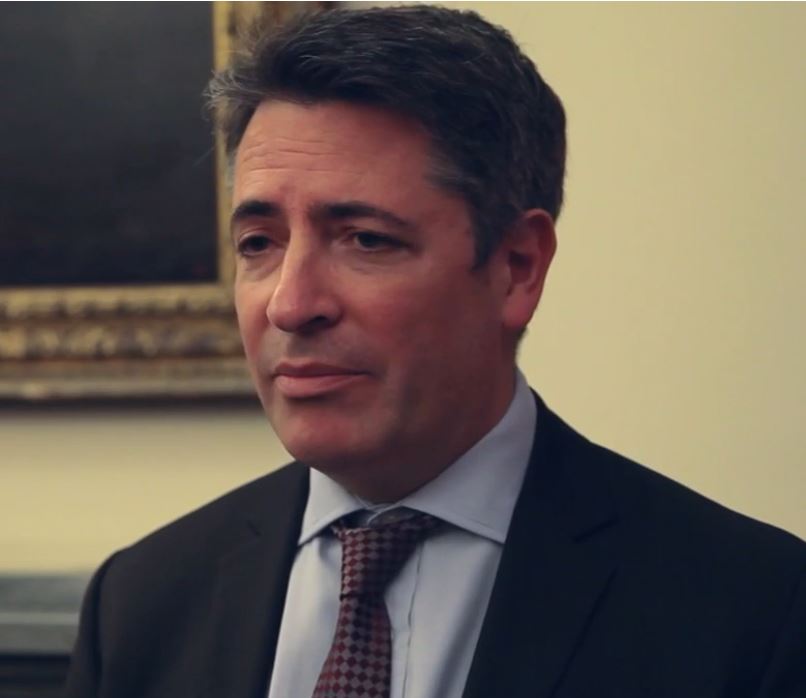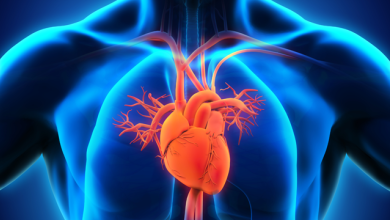Search results
Author(s):
Angelo Auricchio
,
François Regoli
,
Giulio Conte
,
et al
Added:
3 years ago
The number of cardiovascular implantable electronic devices (CIEDs) has increased progressively during the past decades, with a parallel increase in the demand for transvenous lead extraction (TLE). Indication and class of recommendation for TLE have been extensively discussed in a recent expert consensus document.1 With the exception of a few prospectively conducted registries,2,3 the vast…
View more
Author(s):
Pok Tin Tang
,
Duc H Do
,
Anthony C Li
,
et al
Added:
3 years ago
Ventricular arrhythmias remain a major contributor to cardiac morbidity and mortality worldwide, despite ongoing research and implementation of novel therapeutic interventions. Modern management of patients with ventricular arrhythmias requires a multidisciplinary team approach, especially in complex presentations with a background of multiple medical comorbidities.1,2 Such teams may include…
View more
Convergent AF Ablation
Author(s):
Karan Wats
,
Andy Kiser
,
Kevin Makati
,
et al
Added:
3 years ago
Article
Author(s):
Cristian Podoleanu
,
Jean-Claude Deharo
Added:
3 years ago
The increasing use of cardiac implantable electronic devices (CIEDs) for management of cardiac conditions has over the last few years been associated with higher infection rates.1 Expanded CIED use alone cannot account for this rise,2–4 which involves both patient- and device-related factors. Indeed patients are tending to be older and presenting with co-morbidities, while devices are becoming…
View more
Elijah R Behr
Research Area(s) / Expertise:
Job title: Professor
Author
Author(s):
Axel Brandes
,
Marcelle D Smit
,
Bao Oanh Nguyen
,
et al
Added:
3 years ago
Atrial fibrillation (AF) is the most common clinical arrhythmia worldwide and is expected to increase in the coming decades.1,2 It currently affects up to 3 % of Western populations aged 20 years or older, and the number of affected individuals in the EU will increase from about 7 million to almost 13 million by 2030.3–5 This growing epidemic is not only caused by the natural ageing of the…
View more
The Convergent Procedure
Author(s):
James McKinnie
Added:
3 years ago
Article
Author(s):
Nadeev Wijesuriya
,
Nikos Papageorgiou
,
Edd Maclean
,
et al
Added:
4 years ago
AF is the most common arrhythmia and about 10% of the general population above the age of 65 years are affected by this condition.1 The mortality and morbidity of AF is well established, with a higher risk of stroke and heart failure in older patients with comorbidities.2 The pathophysiology of AF is complex and variable, making its management extremely challenging. Epidemiological studies have…
View more
Author(s):
Tim R Betts
,
Patrick A Calvert
,
Lee N Graham
,
et al
Added:
1 month ago
Author(s):
Shohreh Honarbakhsh
,
Simon Sporton
,
Christopher Monkhouse
,
et al
Added:
2 years ago
















